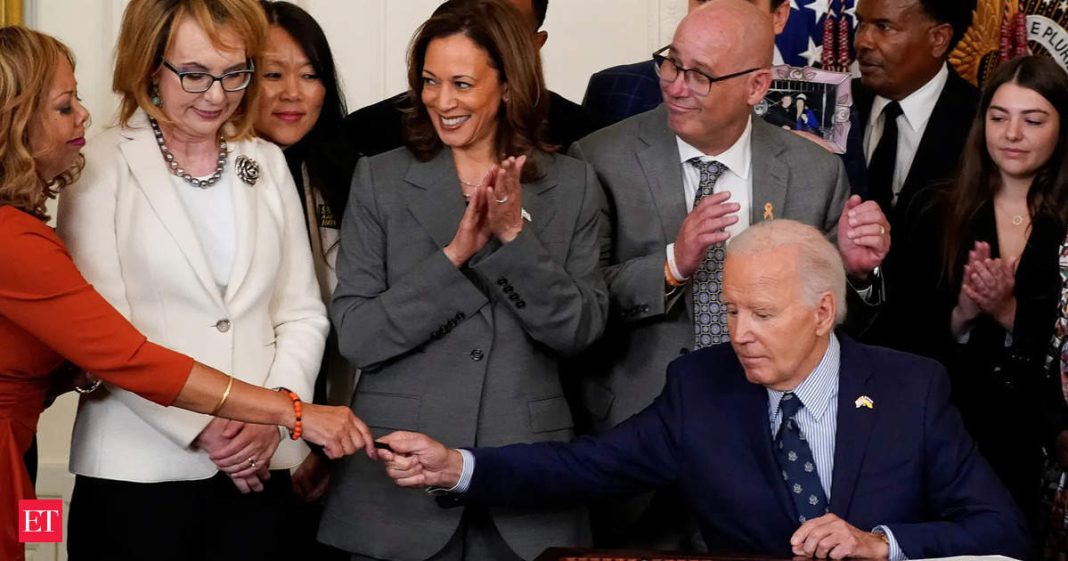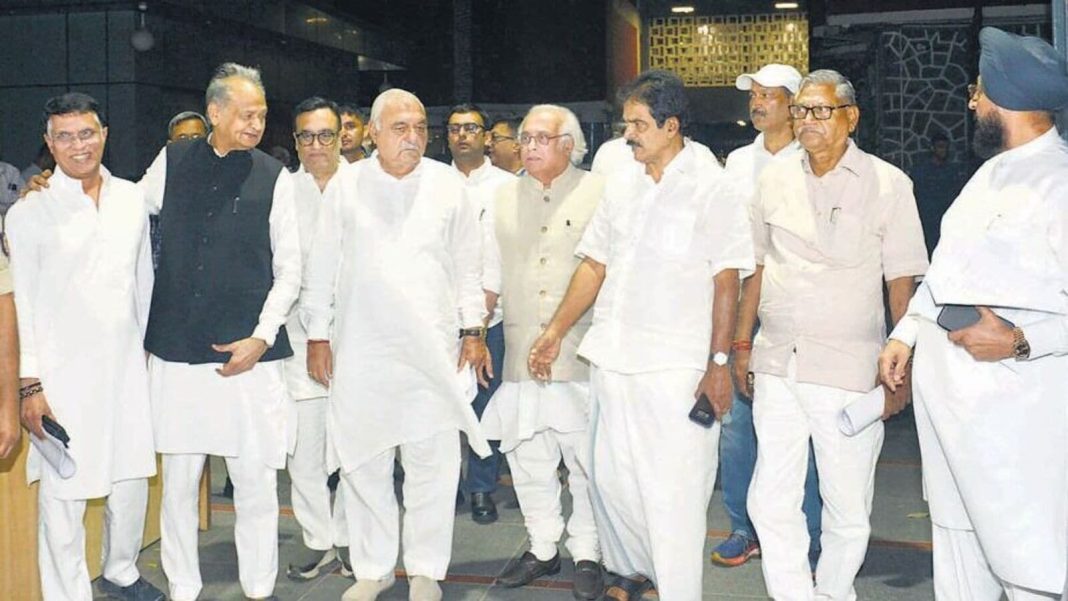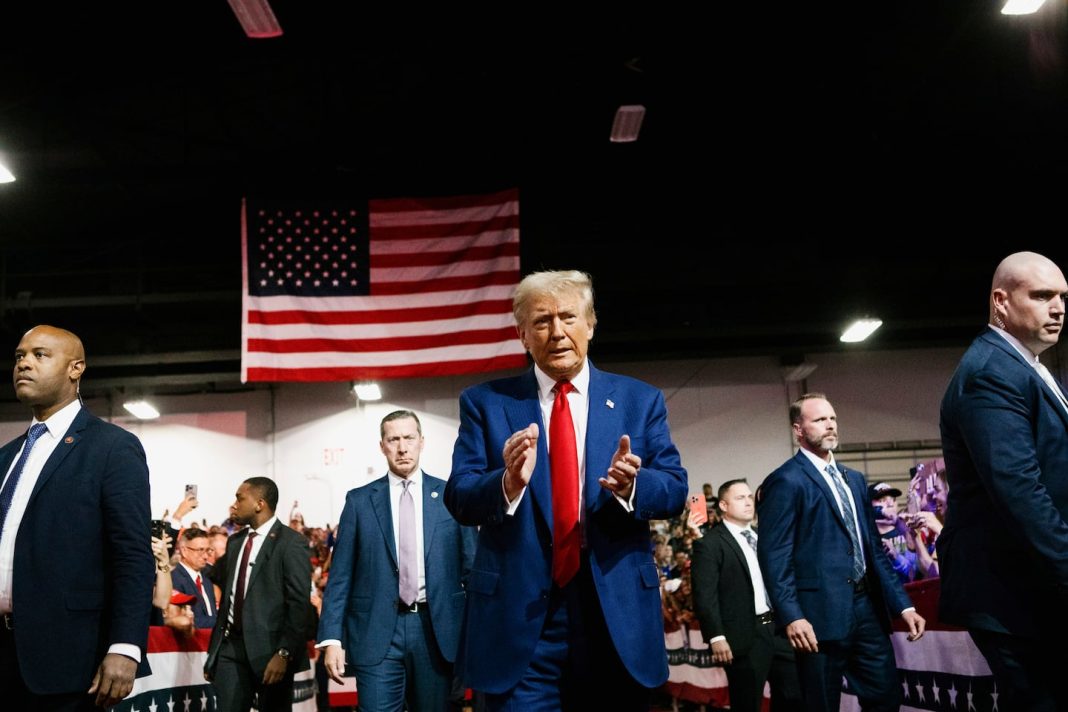As the U.S. elections loom on the horizon, President Joe Biden’s ambitious student debt relief agenda is facing a series of significant setbacks. With a year-long reprieve for borrowers now expired and a program aimed at helping those in default coming to an end, millions of borrowers are left in a state of uncertainty. Adding to the turmoil, a federal judge recently blocked Biden’s alternative plan for broader student loan forgiveness, leaving many feeling frustrated and anxious about their financial futures. While smaller relief programs like "borrower defense" continue to offer some assistance, the larger reforms remain mired in legal battles, as reported by USA Today.
Supreme Court Ruling Halts Crucial Reforms
After the Supreme Court struck down Biden’s initial student loan forgiveness plan, the administration quickly introduced the "SAVE" plan, which promised substantial relief for borrowers. However, Republican-led lawsuits have put a halt to this initiative, leaving many debtors in suspense. The SAVE plan had already certified billions in relief for half a million Americans, but its future is now uncertain due to ongoing legal challenges. Biden’s team had hoped to roll out these reforms by 2024, but the path forward is anything but clear.
Republican Opposition and Political Fallout
Republican politicians, including those from the Trump campaign, have dismissed Biden’s efforts as mere political posturing, suggesting that they are destined to fail. The lawsuits aimed at overturning Biden’s programs have created political opportunities for opponents, who are eager to exploit the administration’s struggles to provide immediate relief for borrowers. This legal pushback has frustrated millions of voters who were counting on timely assistance.
How Voters See the Crisis
Interestingly, while student loan forgiveness remains a pressing issue for many, research indicates that voters are placing less blame on Biden for the legal complications than on colleges, loan servicers, and the courts. This perception may provide some relief for Vice President Kamala Harris, who is often viewed as an extension of Biden’s agenda. Voters seem to recognize that the complexities of the student debt crisis extend beyond the administration’s control.
Harris’ Position Before Elections
Political experts suggest that the ongoing student loan crisis may not significantly damage Kamala Harris’s political standing. Voters are multifaceted in their concerns, and many view the legal troubles surrounding student debt relief as part of a broader systemic issue rather than a direct failure of the administration. Despite the chaos surrounding student debt relief, it appears that Harris may navigate the upcoming elections without facing major backlash, as voters tend to assign blame to a variety of sources rather than solely to Biden and Harris.
FAQs
Q1: What’s the current status of Biden’s plan on student debt relief?
A1: A federal judge in Missouri has temporarily blocked the Biden administration’s larger student debt relief plan, known as "Plan B," which aimed to cancel debt for millions of long-time borrowers. While programs like "borrower defense" and the "SAVE" repayment plan remain in place, significant reforms are stalled due to ongoing legal challenges.
Q2: How will this impact Kamala Harris in the elections of the United States in the near future?
A2: Although student debt relief is a major concern, political experts believe Vice President Kamala Harris is unlikely to face significant political fallout. Research indicates that voters are more likely to blame various entities, such as colleges and the legal system, rather than pinning the entire crisis on the Biden administration.
As the election season heats up, the fate of Biden’s student debt relief agenda remains uncertain, but the political landscape continues to evolve. With voters looking for solutions and accountability, the administration’s ability to navigate these challenges will be crucial in the months ahead.



